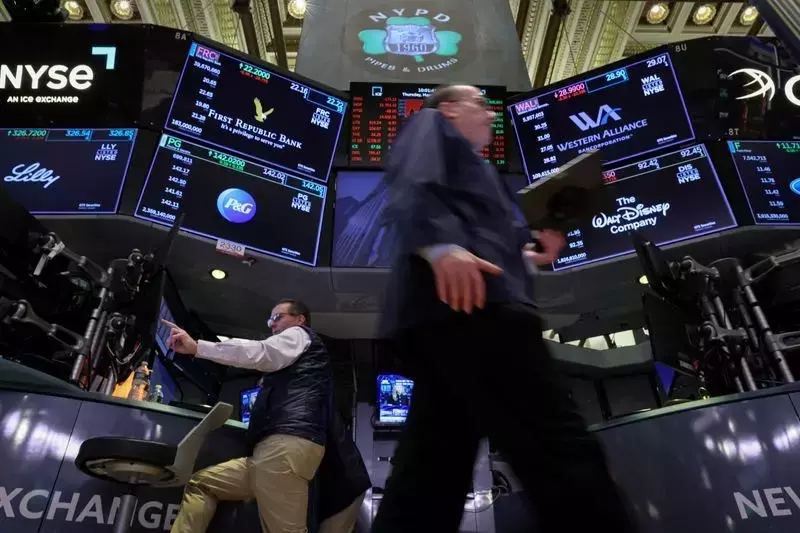
The global financial markets are experiencing a period of uncertainty, driven by key economic indicators and shifting trade dynamics. US stock futures dipped on Monday, reflecting concerns over strong employment data and upcoming inflation reports. Meanwhile, China's trade balance showed unexpected growth, while oil prices surged following new sanctions on Russian producers. This week promises to be pivotal for investors as they await crucial economic releases and corporate earnings reports.
Market Sentiment Affected by Employment Data and Inflation Outlook
Investors faced a cautious start to the trading week as US stock futures declined, influenced by robust December employment figures that dampened expectations for Federal Reserve interest rate cuts. The latest jobs report indicated a significant increase in employment, which may suggest tighter labor market conditions and continued inflationary pressures. These factors have heightened uncertainty about the Fed’s monetary policy for the coming year.
In detail, the Dow Jones futures dropped by 0.3%, S&P 500 futures fell by 0.5%, and Nasdaq 100 futures decreased by 0.8%. The previous session saw a retreat in major averages, largely due to the strong December employment report. Analysts noted that the addition of 256,000 jobs exceeded expectations, with the unemployment rate dropping slightly to 4.1%. Such strong employment numbers may imply that inflationary pressures persist, complicating the Fed's decision-making process regarding potential rate cuts. ING's Chief International Economist James Knightley emphasized that these positive job figures reinforce the view that the Fed is under no immediate pressure to reduce rates.
Corporate Earnings and Trade Developments Shape Market Expectations
This week, the focus will shift to corporate earnings and critical economic data, including the consumer price index (CPI). Major banks like JPMorgan, Wells Fargo, Citigroup, Goldman Sachs, Bank of America, and Morgan Stanley are set to release their quarterly results, which could influence market sentiment. Additionally, China's trade balance showed an unexpected expansion, driven by stronger-than-expected exports amid preparations for potential US trade tariffs.
Economists predict that the December CPI will show a year-over-year increase of 2.9%, faster than the previous month's 2.7%. Despite the Fed's earlier confidence in moderating inflation, annual price gains remain above its 2% target. Chicago Fed President Austan Goolsbee expressed optimism about easing inflation, noting that wage growth aligns with Fed estimates. On the trade front, China's trade balance expanded to $104.84 billion in December, exceeding expectations. Exports grew by 10.7%, while imports increased by 1%, signaling improved local demand. Oil prices also climbed, supported by new sanctions on Russian producers, potentially impacting global crude flows and prices.
